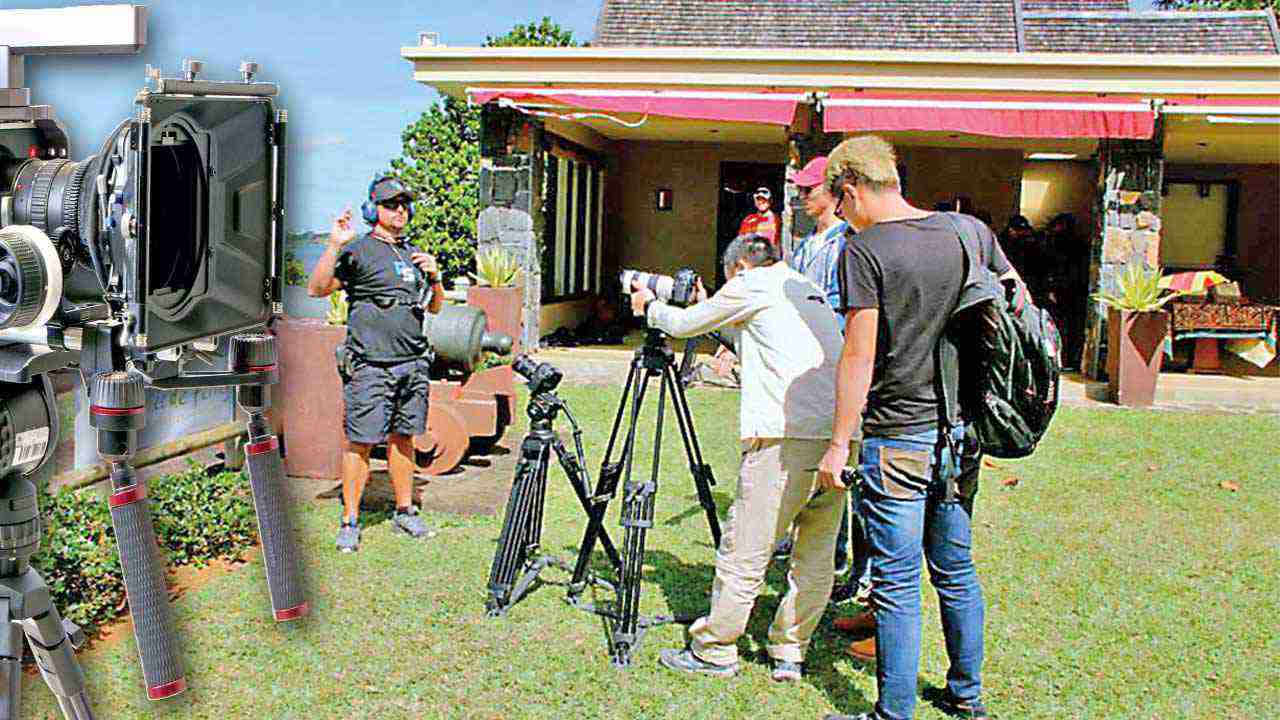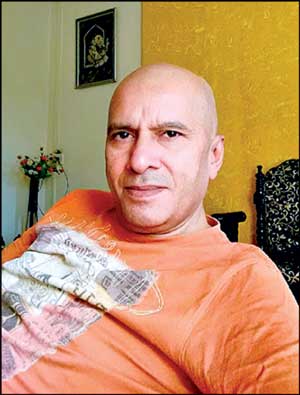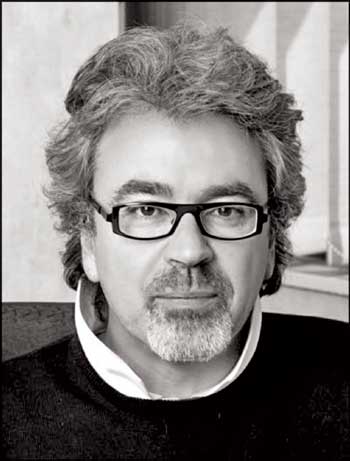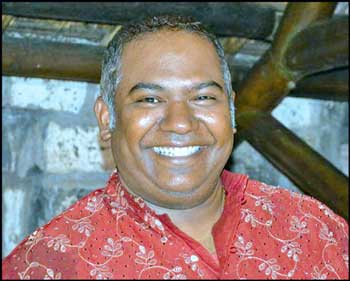
Mauritius continues to attract major international film makers for the shooting of films, commercials and documentaries. The MFDC and BOI are intensifying their campaigns to promote this emerging sector.
 The cinema industry in Mauritius has known a major boost following the introduction of the Film Rebate Scheme (FRS) back in 2012. The last Budget has increased the rebate from 30 to 40 percent. Initially, the rate was 25 percent. The rebate, originally meant for films, was later extended to TV serials and commercials. Both foreign and local film makers are eligible.
The cinema industry in Mauritius has known a major boost following the introduction of the Film Rebate Scheme (FRS) back in 2012. The last Budget has increased the rebate from 30 to 40 percent. Initially, the rate was 25 percent. The rebate, originally meant for films, was later extended to TV serials and commercials. Both foreign and local film makers are eligible.
According to official figures from the Board of Investment (BOI), around Rs 600 million were spent in Mauritius by foreign film crews since February 2012. The BOI has also approved 42 projects so far under the FRS. On its side, the Mauritius Film Development Corporation has facilitated 58 shootings since January 2016. This figure includes TV serials and commercials. Film crews came from India, China, South Africa, Turkey, France, UK, Singapore, Italy, South Korea, Germany, Ukraine, Brazil, Japan, Australia, Serbia, Spain, USA, Angola, Canada and Reunion Island. Dick Ng Sui Wa, the Chairman of the Mauritius Film Development Corporation, stated that the institution is in discussion with the Financial Services Promotion Authority to promote ‘Film Funding’ activities. “Global cinema implies movement of high budgeted funds and it is in our interest if these funds are managed from Mauritius, which has a robust financial centre. This will open new perspectives for the financial services sector which badly needs diversification,” says Dick Ng Sui Wa. “With big projects in the pipeline, and renowned film makers coming here, there will be steady funds flow into and through Mauritius.”
 Sunil Babbar: « Mauritius has huge potential »
Sunil Babbar: « Mauritius has huge potential »
“As soon as I set foot in Mauritius, I realised that this small country in the middle of the Indian Ocean has hot huge potential for cinema,” Sunil Babbar, renowned film maker, told Defi Media. Recipient of the ‘Producer of the Year Award’ and ‘Best Foreign Film Award’ or his film ‘Ants’, Sunil Babbar has a few interesting projects up his sleeve. “Today there are many countries that want to attract film producers to their shores and offer exciting facilities and incentives. I had to choose among Malaysia, Thailand, Nepal and Mauritius. I finally opted for Mauritius for a number of reasons. I am convinced Mauritius is most suitable for my film projects. The country is superb and the cinema industry will thrive here,” he said. He lauded the performance of the Mauritius Film Development Corporation and the services offered by the organization. “I was impressed with the Chairman of the MFDC upon my first meeting. I must say he has a long term vision for the industry, and he is well versed in happenings in the cinema world. The MFDC is very efficient, something I rarely see in other countries. I visited many sites in Mauritius, in order to choose shooting locations and I received good support from the MFDC,” he said. When asked about his future projects in Mauritius, Sunil Babbar stated that he plans to set up a world class VFX studio in Mauritius for post-production. He also intends to shoot his next film entirely in Mauritius. “Mauritius has got talented artists and very competent technicians. The emergence of a cinema industry will surely open new doors for them,” he concluded.
 Jeremy Nathan: « I will do a film on Chagos »
Jeremy Nathan: « I will do a film on Chagos »
Jeremy Nathan, an African film maker, has an ambitious project. He wants to do a film on the plight of the Chagossian people. In a mini-interview to Defi Media, Jeremy Nathan has highlighted the importance of the cinema industry in Mauritius. “I must say that the MFDC convinced me to come to Mauritius. Once here, I was impressed by the work being done by the MFDC and the BOI. I also find the local business climate excellent, one of the best in the world. Currently there are only two countries in Africa that offer a film rebate, Mauritius and South Africa. Your government indeed has a good vision for the film industry, and Mauritius has its potential,” explains Jeremy Nathan. “In general, film producers like to come here because of political stability, peace and harmony, and low crime rate. Mauritius being No 1 in Africa in many things, this is another incentive. And the country also has interesting locations for film shooting.” And what about his future projects in Mauritius? Jeremy Nathan reveals that he is working on a dramatic film that depicts the plight of the Chagossian people. He will also shoot three TV serials entirely in Mauritius. He says the industry must create jobs for local artists and technicians. “I am working in collaboration with local artist Nalini Aubeeluck for one project. I also want to attract global film makers to Mauritius,” he says. Jeremy Nathan Has been involved in the South African film and television industries for nearly twenty years. He has produced numerous features, television dramas, documentaries and short films.
 Vishal Mungroo: “Locals should benefit”
Vishal Mungroo: “Locals should benefit”
Vishal Mungroo, a local vocal artist, says he is thrilled by the emergence of a cinema industry in Mauritius. Having spent nearly five years in India, where he studied performing arts, he says he is well acquainted with the industry and hopes that the local industry create opportunities for not only aspiring actors but also for local singers and musicians. “Obviously, the industry will need directors, costume designers, choreography experts, makeup artists, etc. Local people should benefit. Foreign film crews should strive to embark locals on the adventure for a win-win situation.”
 Arvind Nilmadhub: « The MFDC can do as well as the BOI »
Arvind Nilmadhub: « The MFDC can do as well as the BOI »
Economist Arvind Nilmadhub believes that the development of a cinema industry in Mauritius will positively impact other sectors such as tourism, investment and job creation. “Traditionally, film shooting in Mauritius contributes to the promotion of the island worldwide, thus attracting more visitors to our shores. However, today, this industry can open other horizons. Apart from job creation for local artists and technicians, the film industry creates opportunities for various service providers such as accommodation, food and beverages, transport, logistics, equipment rental, costume designers, etc. Furthermore, we can pursue other avenues, such as providing stories to scripwriters, for example based on our own history of slavery and indentured labourers or the Chagos issue, such stories, mixed with Bollywood melodrama and music, can become blockbusters and further the cause of Mauritius. Films with scenes depicting the business side of Mauritius can convey a strong message to potential investors. Cinema is an extraordinary way to attain multiple objectives. I believe the MFDC can play a major role like the MTPA or BOI in promoting the country. To achieve that, it must have the necessary budget and resources,” says Arvind Nilmadhub.
 J'aime
J'aime














